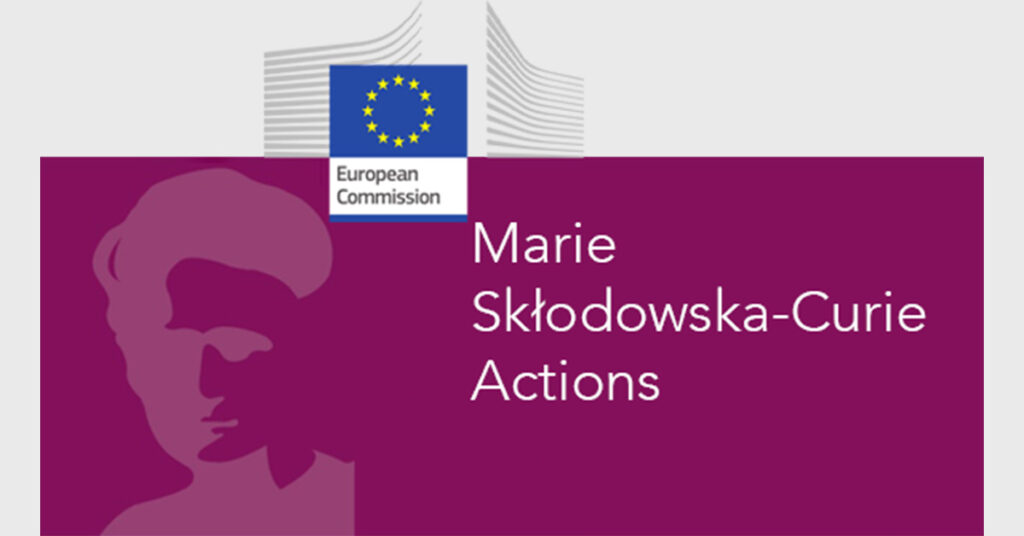News
Return of the Doctoral Training Units
Two key DTU’s to be reborn after successful FNR PRIDE submissions
- Experimental and Molecular Immunology
- Department of Infection and Immunity
- Cancer
- CANBIO – About
- NextImmune – Individual projects

Two of the LIH’s key doctoral training units (DTU’s) are to be given a new lease of life after being retained for funding in the FNR’s 2021 PRIDE Call. The CANBIO 2 and NextImmune 2 programmes will continue to train new doctoral students, generating exciting new findings while passing expertise on to the next generation of ground-breaking researchers.
As part of the LIH’s mission to bring about innovative and effective healthcare with maximum benefit to the patient, there has always been an emphasis on the training of exceptional new researchers. These are the individuals who will take our current knowledge forward, bringing fresh perspectives and seeing it through from bed to bench to bed.
In order to achieve its training goals, the LIH has worked extensively with the FNR, whose PRIDE programme provides one of the main sources of funding for doctoral research in Luxembourg. Through this funding, the FNR aims to support the development of critical mass in key research areas, by attracting excellent PhD candidates to Luxembourg and offering them high quality research training. Under this programme, a block of PhD grants is awarded to a consortium of excellent researchers united around a coherent research and training programme.
After excellent submissions in the FNR’s 2021 PRIDE call, the LIH is proud to announce that two of its existing DTU’s have been selected for continuation, with potential funding for 32 doctoral candidates. The two DTU’s in question are the CANBIO project led by Director of the Department of Cancer Research, Dr Simone Niclou, and the NextImmune project led by Dr Dirk Brenner, Group Leader in Experimental and Molecular Immunology at the LIH. CANBIO 2 and NextImmune 2 will build on their predecessors, producing new researchers and research findings at the cutting edge of biomedicine.
CANBIO 2
Building on the successful first Doctoral Training Unit in Cancer Biology (CANBIO) within the first FNR PRIDE program, CANBIO 2 aims to continue providing state-of-the-art training for PhD students in cancer research in Luxembourg. The research of CANBIO focused on tumor escape mechanisms (ways in which cancer cells avoid detection and destruction), investigating key aspects of intrinsic and induced escape mechanisms in response to therapy. The new programme aims to generate new insight into the tumor ecosystem and to harness this knowledge for improved treatment options.
NextImmune 2
Immunology has always been at the crossroads of biomedical research, providing both crucial information on basic biological processes and on clinical application. The latest evolution of the NextImmune programme takes advantage of the network and expertise developed on the path leading from big data to personalised medicine, focusing on open questions in immunology. This will help us to understand the immune system as a central component of the body that links different physiological networks to maintain a healthy balance.







